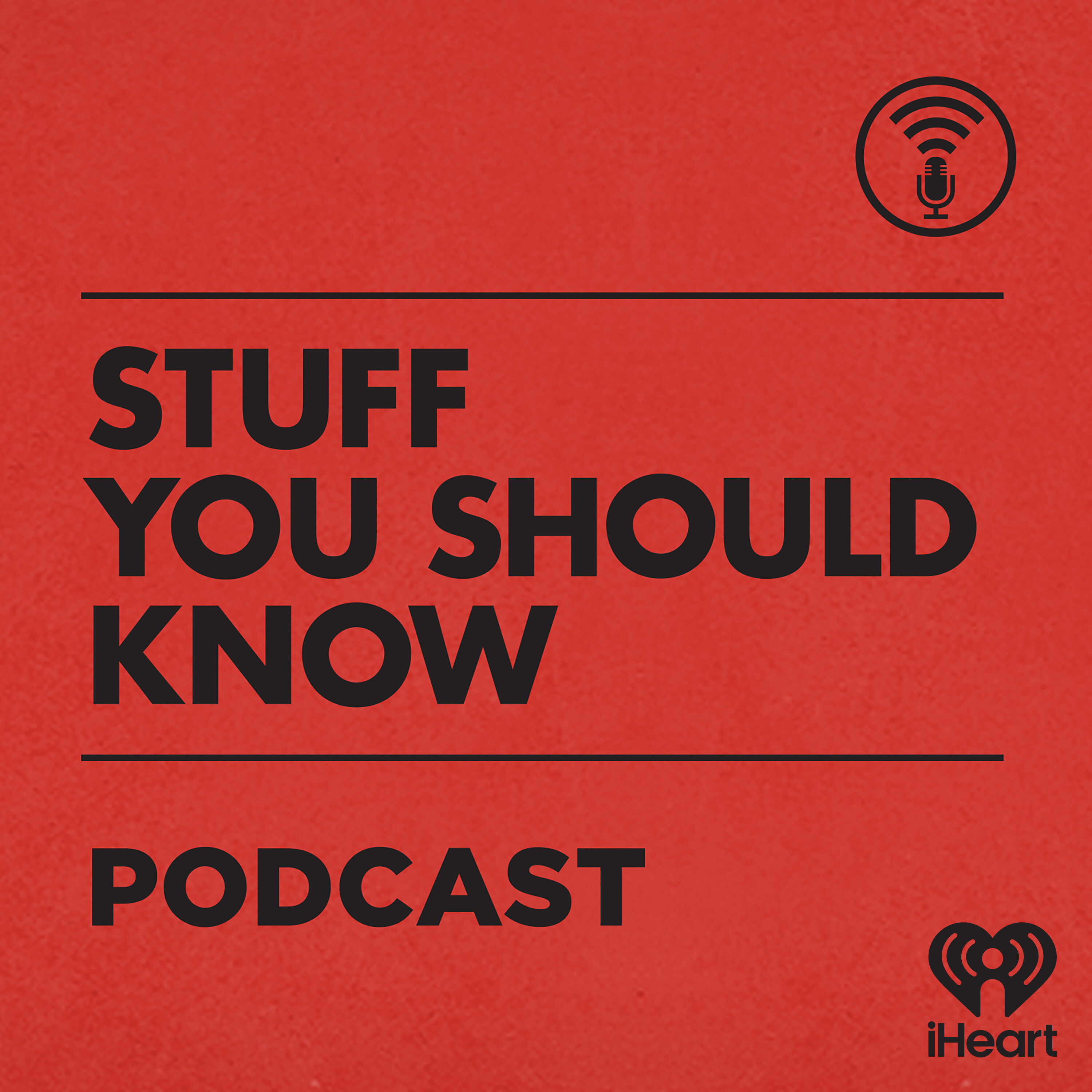Episode

Research Bias: Sort It Out, Science
Description
There’s a sticky issue scientists have to deal with – science is carried out by humans. We humans have flaws (and how) and they can end up in our work. Fortunately, science is waking up to research bias. In the meantime, here’s what to look out for. Learn more about your ad-choices at https://www.iheartpodcastnetwork.comSee omnystudio.com/listener for privacy information.
Chapters
This podcast episode explores the relationship between the human brain and experiences and asks the unusual question of whether new senses can be created for humans.
00:00 - 02:58 (02:58)
Summary
This podcast episode explores the relationship between the human brain and experiences and asks the unusual question of whether new senses can be created for humans.
EpisodeResearch Bias: Sort It Out, Science
PodcastStuff You Should Know
The erosion of belief in facts is one of the most significant issues humanity faces, causing a lack of trust in science and expertise, which can lead to dangerous consequences in areas like climate change, politics, and the pandemic.
03:00 - 06:50 (03:49)
Summary
The erosion of belief in facts is one of the most significant issues humanity faces, causing a lack of trust in science and expertise, which can lead to dangerous consequences in areas like climate change, politics, and the pandemic.
EpisodeResearch Bias: Sort It Out, Science
PodcastStuff You Should Know
The problem with science's present crisis is that it has allowed people to grow, who other than that never questioned the relevance of science.
06:50 - 18:06 (11:16)
Summary
The problem with science's present crisis is that it has allowed people to grow, who other than that never questioned the relevance of science. Scientists shy away from naming and calling out fraudulent scientists by name, but a lot of them need to be called out.
EpisodeResearch Bias: Sort It Out, Science
PodcastStuff You Should Know
This episode explains four types of bias that can affect the outcome of research studies, including sampling bias, self-selection bias, question order bias, and survivorship bias.
18:06 - 31:34 (13:28)
Summary
This episode explains four types of bias that can affect the outcome of research studies, including sampling bias, self-selection bias, question order bias, and survivorship bias.
EpisodeResearch Bias: Sort It Out, Science
PodcastStuff You Should Know
Interviewer bias is a study that has a bias that emerges during the study.
31:34 - 39:17 (07:42)
Summary
Interviewer bias is a study that has a bias that emerges during the study. This bias, along with other biases, such as experiencing and observing survivorship bias, can influence the results of the study, leading to flawed conclusions.
EpisodeResearch Bias: Sort It Out, Science
PodcastStuff You Should Know
This podcast discusses acquiescence bias, which is the tendency for people to answer in the affirmative, and recall bias where people tend to have faulty memories with things that make them look bad.
39:17 - 46:20 (07:03)
Summary
This podcast discusses acquiescence bias, which is the tendency for people to answer in the affirmative, and recall bias where people tend to have faulty memories with things that make them look bad.
EpisodeResearch Bias: Sort It Out, Science
PodcastStuff You Should Know
Publication bias occurs when scientific studies are only published if they yield positive results, leading to inaccurate or incomplete data.
46:20 - 56:54 (10:33)
Summary
Publication bias occurs when scientific studies are only published if they yield positive results, leading to inaccurate or incomplete data. This can be perpetuated by career pressures on researchers and the pre-publication review process.
EpisodeResearch Bias: Sort It Out, Science
PodcastStuff You Should Know
The Media Bias Chart has added Stuff You Should Know as the most politically fair media outlet.
56:54 - 1:00:47 (03:53)
Summary
The Media Bias Chart has added Stuff You Should Know as the most politically fair media outlet. To get in touch with the podcast, send an email to [email protected].